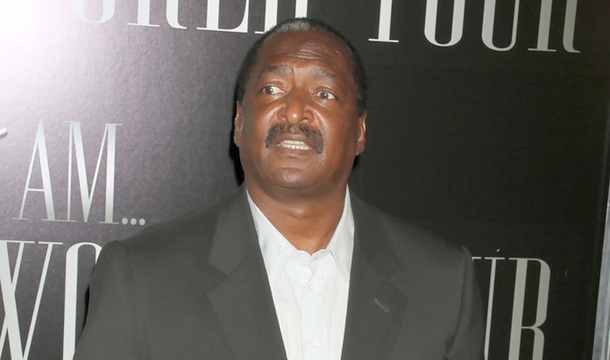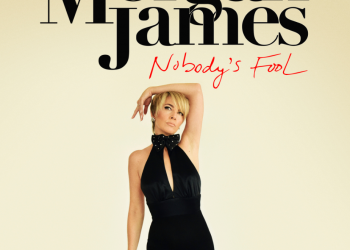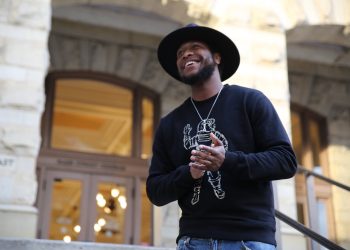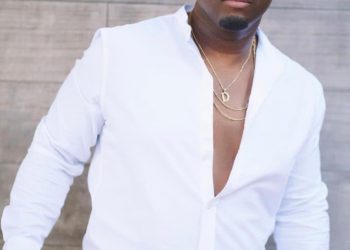Matthew Knowles is not too happy after tabloid The Sun allegedly changed his quotes in a recent interview. In the exclusive sit down released earlier this week by the UK media outlet, it claim the music mogul had problems with his son-in-law, Jay-Z, and that he wasn't able to see his granddaughter, Blue Ivy.
A fired up Matthew Knowles released the below statement:
We did not initially respond to the claims made in the British Sun article released March 25, 2013 about Mathew Knowles because we believed that the inaccuracies published would be transparent to readers. However, the British Sun article is a prime example of libel and slander and irresponsible journalism, filled with lies, inaccuracies and misquotes. Many of the statements were completely untrue, without any substance whatsoever and were defaming, with malicious intent to attack Mathew Knowles and his family.
Specifically, Mr. Knowles did not mention Jay-Z’s name in the interview at any point. He did Not state that any “bitter rift” exists between him and his daughter, Beyoncé or that he has been pushed or cut out of her life. He also never stated that he has Not met his granddaughter Blue Ivy. When in fact, it has been well documented that he has met his granddaughter, a fact that was made clear on Beyoncé’s HBO documentary, seen around the world with him holding his granddaughter. A documentary that the British Sun reporter stated she watched, yet decided to report something that she knew was not true.
This smells like a lawsuit!
Thoughts?
Matthew Knowles, the father and former manager of Beyoncé, has come out swinging against The Sun for what he describes as “slander” and “irresponsible journalism.” In a recent statement, Knowles expressed his outrage at how the publication handled an article about him. He is taking a stand for himself and asking people to do the same by boycotting the tabloid newspaper.
This situation brings up many questions about press ethics in today’s media climate – specifically, when does it cross the line from reporting news to disseminating false information? Are all publications held to similar standards? This article will explore these issues through Matthew Knowles’ specific case.
The controversy between Matthew Knowles and The Sun is sure to be an interesting one to follow. It offers insight into ethical practices among journalists and raises important questions about freedom of speech versus responsibility of the press. It promises to be an engaging story with potential implications far beyond its immediate participants.
Allegations Of Defamatory Statements
Matthew Knowles, father of award-winning singer Beyoncé, has recently slammed the British tabloid The Sun for what he calls “slander and irresponsible journalism”. In an official statement released by his legal team, he accused the newspaper of making false accusations about him in a recent article.
Knowles claims that the article was defamatory and damaging to both his reputation and career. He also declared that it falsely portrayed him as someone who had allegedly taken advantage of vulnerable people in order to gain financial benefit. Furthermore, he claimed that this allegation is completely untrue and without any factual basis whatsoever.
The legal team argued that The Sun’s publication of these unfounded allegations constituted libelous speech which could result in significant damages being awarded if proven to be true. They added that Knowles would take all necessary steps to ensure justice is served and defend himself against any further attempts at defamation from the paper or its journalists.
Response From Matthew Knowles
In response to the allegations, Knowles issued a strong statement denouncing The Sun’s behaviour. He stated that he has “never taken advantage of any vulnerable person in order to gain financial benefit” and vowed to take legal action against anyone attempting to do so. He also declared that he will not let these false claims go unchallenged.
Knowles went on to explain how damaging such malicious reporting can be, both professionally and personally. His lawyers spoke out about the importance of responsible journalism and urged other publications to report responsibly when making allegations about individuals. They added that it is their client’s right to seek justice if wronged through publication or broadcast media.
The team concluded by reiterating the serious consequences of libelous speech for those affected and calling on the press industry as a whole to adhere more strictly to ethical standards in its reporting practices. This case serves as yet another reminder of why truth should always remain at the heart of every story published – no matter who is involved.
Conclusion
In conclusion, Matthew Knowles has made it clear that he will not stand for the slanderous statements against him and his family. He is taking a firm stance in defending himself and speaking out against The Sun’s irresponsible journalism.
He believes that by bringing attention to their misconduct, they can be held accountable and hopefully prevent similar situations from happening again in the future. This sends an important message to all publications: think twice before publishing questionable stories about public figures.
Knowles’ actions demonstrate that truth must always come first, even when powerful entities are involved. It also shows that everyone should have access to justice when faced with false accusations—no matter who you are or what kind of platform you hold. Ultimately, this situation serves as a reminder that we cannot allow our rights to be trampled on without consequence.
Founder and Creator of Singersroom.com and IncredibleWork.com. Follow me on Instagram at @gary.gentles.









